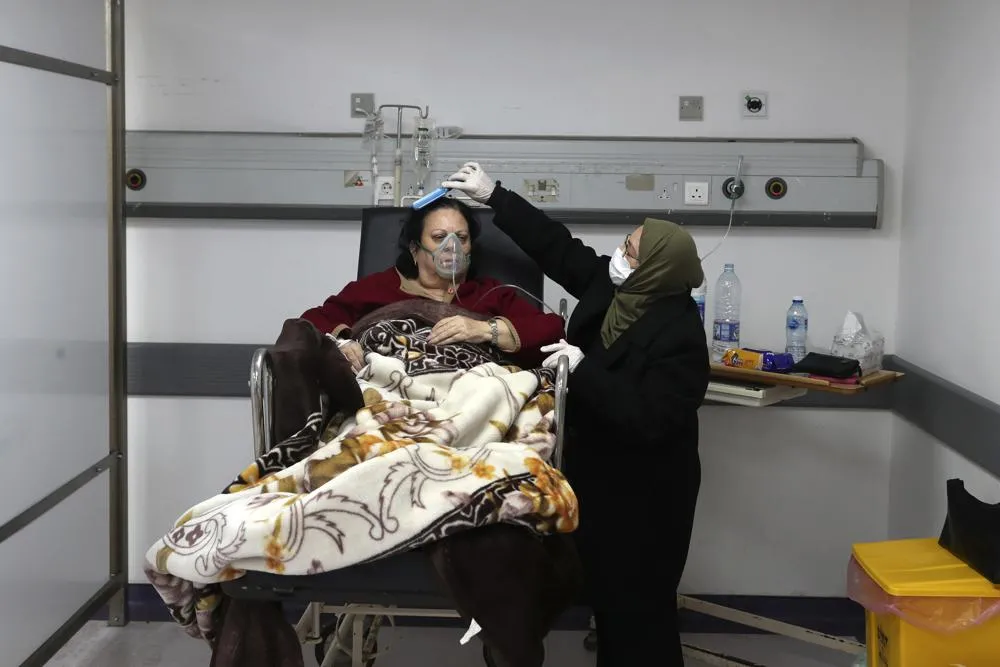LONDON (AP) — As coronavirus vaccines trickle into some of the poorest countries in Asia, Africa and the Middle East, data suggest some women are consistently missing out, in another illustration of how the doses are being unevenly distributed around the world.
Experts fear women in Africa may be the least vaccinated population globally, thanks in large part to widespread misinformation and vaccine skepticism across the continent. But vaccine access issues and gender inequality reach far beyond Africa, with women in impoverished communities worldwide facing obstacles including cultural prejudices, lack of technology, and vaccine prioritization lists that didn’t include them. And while global data by gender in vaccine distribution is lacking in many places, officials agree that women are clearly being left behind men in some places, and that the issue must be addressed for the world to move past the pandemic.
“If women do not get vaccinated at the same rates as men, they will become even more marginalized,” said Clare Wenham, an associate professor of global health policy at the London School of Economics. “This will just be one more instance where they are excluded from society.”
Whether women had early access to vaccines was often determined by how countries gave out their first doses. Sarah Hawkes, who runs a global tracker of coronavirus information by sex at University College London, noted that Pakistan and other countries prioritized groups such as the military and migrant workers, likely contributing to continued gender gaps.
In deeply conservative and impoverished parts of India and Timor-Leste, women have received only about 35% of vaccines, according to early figures collected by governments and non-governmental groups.
In Lebanon, as in much of the Middle East, women were initially shielded from COVID-19 because they were more likely to follow social distancing guidelines, said Dr. Sasha Fahme, a women’s health researcher at the American University in Beirut.

